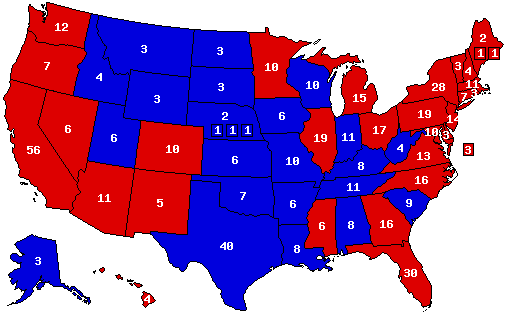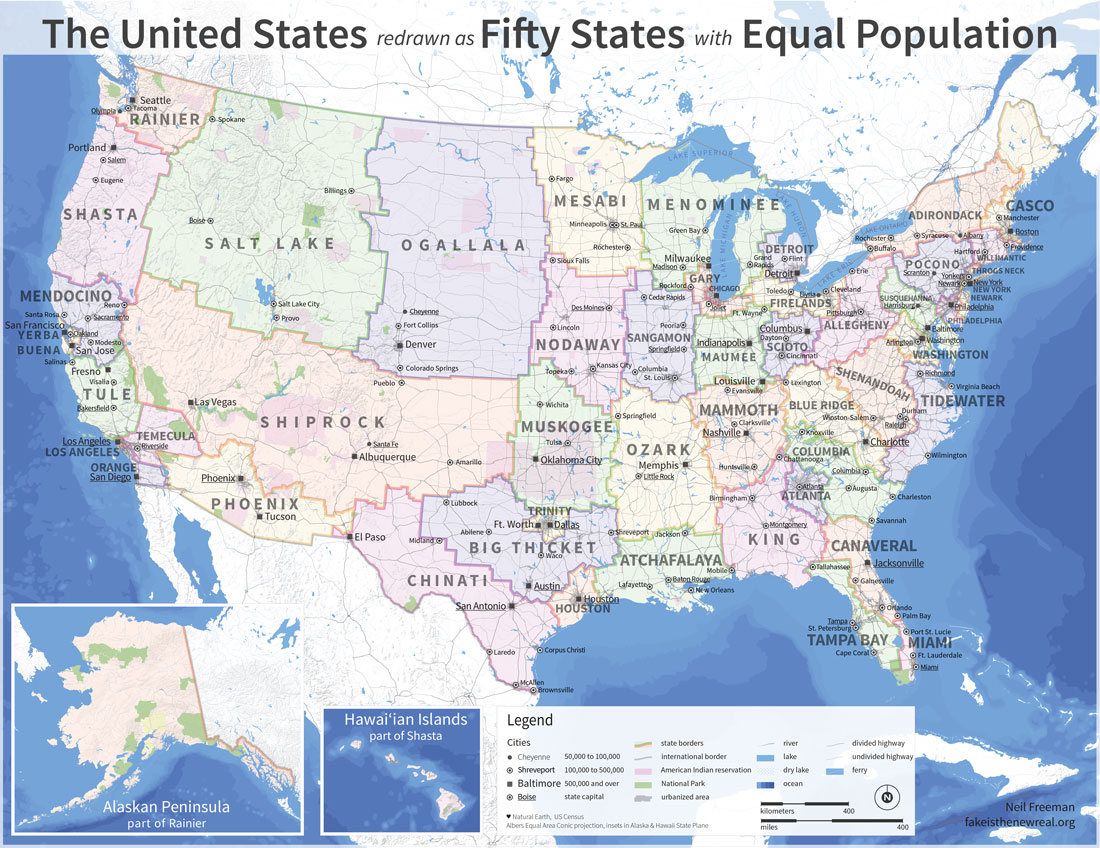Time of the Donald, Part VI
Despite public opinion being split, the Baldwin Administration ultimately decided that, seeing as there was a side that was palatable to a majority of the American public, it wasn't worth it to toss out NATO. As a result, after the Narva Incursion, the United States officially recognized the Medvedev government as the legitimate government in Russia, and began coordinated air strikes against Oligarch and Militarist positions. Cynically, as the Militarists had the least foreign support, they received the brunt of the air strikes, while the Liberals and Oligarchs were pressured to reach a settlement, with the United States and China acting as intermediaries.
The presence of American airmen over Russia also meant that for the first time since the First Gulf War American pilots were facing an enemy capable of dogfighting. This immediately led to political trouble for the Baldwin Administration, as the moment the first reports of American pilots being shot down surfaced, the remnants of the Neocons, led by Senator Lindsay Graham, attacked the Administration's decision to shut down the F-35. Compounding issues was that the majority of MiG 35 fighters, intended to replace the MiG 31, were in Militarist hands. Ultimately the problem was that despite the F-22's stealth capabilities and superior speed, the supposed "air superiority fighter" was an abysmal dogfighter, and despite the predictions of the Defense industry that dogfighting was obsolete, the Second Russian Civil War proved that the best laid plans could all be undone by a few talented MiG pilots who manage to get the jump on Americans.
For the first six months of the intervention, American and European aid was entirely conducted via the air, save for Ukrainian and Polish intervention. That changed in May of 2027, when Operation Assisting Hand began, and 200,000 American boots on the ground joined 100,000 additional NATO forces and 400,000 Ukrainian troops. The first goal of the operation was to push up the Volga River to Volgograd, and thence to Kazan, cutting the Oligarchs and Militarists in half. The Invasion saw steady progress with the addition of 300,000 well-equipped Western troops, and extensive air support, and Astrakhan, the first city in the Volga Campaign, fell by June 10th. From there the Siege of Volgograd lasted three weeks before it fell on July 17th. Meanwhile, talks between the Oligarchs and Liberals commenced in Geneva, with the United States and China mediating.
Domestically, the war had a depolarizing effect on both parties, as opposition among Republicans was nearly as strong as among Democrats, as was support. Inflation declined throughout 2027, and unemployment began to drop from its peak of 9% to around 7% by the end of the year.
On August 17, 2027, a 7.8 earthquake along the Puente Hills fault line in Los Angeles lasted for 55 seconds. The quake caused extensive damage throughout Southern California, and surpassed Hurricane Ophelia in terms of costliest natural disaster, causing 243 billion dollars in damage and killing 13,000. Aid to the region was scattered as extensive damage to water mains hampered firefighters, and damage to freeways hamstrung aid to the city. Over the next few days, rumors of aid being unevenly distributed towards whiter, more affluent neighborhoods began to circulate, and demonstrations broke out. Mayor Jeanine Franklin responded by sending in the LAPD to break up the demonstrations, resulting in clashes between demonstrators and police. On August 21, riots broke out in some sections of the Greater Los Angeles area. Things continued until August 24, when the California National Guard was sent in to restore order. In total 21 people were killed in the rioting, and such events led to a revival of the previously-defunct Black Lives Matter movemment, which largely disbanded in 2022 after the Baldwin Administration's penal reform bill decriminalized most drugs, banned the use of private prisons at the Federal level, and eliminated mandatory minimum sentencing for nonviolent crimes.
By Fall 2027 a number of candidates had declared their intention to run in 2028. The Democratic frontrunner was Vice President Corey Booker. However, he saw a surprising challenge from California Congresswoman Justine Harrow. Ms. Harrow, from the 37th District, ran to the left of the Vice President, claiming that he wouldn't do enough for minority groups and wouldn't do anything to end systemic racism.
On the GOP side, Maine Governor Emily Taylor became the default candidate of the REC, while the anti-establishment vote coalesced around Senator Rand Paul, who decided to sit out 2024 and was running for the second time in his life. The third major GOP candidate was Colorado Governor Corey Gardner, who attained his position after losing his bid for reelection as a Senator in 2020. Governor Taylor managed a strong showing in Iowa and New Hampshire, and after his poor showing on Super Tuesday Rand Paul endorsed her. the primaries extended out until June, when California meant the end of the Governor's bid for the White House. With a narrow majority of delegates, Governor Corey Gardner became the Republican Candidate. In an attempt to win over disgruntled REC voters, the Colorado governor tapped Senator Kevin Faulconer as his running mate.
On the Democratic end Justine Harrow was a thorn in the Vice President's side for the entirety of the Primaries, refusing to drop out even when she failed to win a majority of pledged delegates and staying in until the convention, with her 741 pledged delegates and victories in only three states. To placate the left of the party, the Vice President picked New Mexico Senator Ben Ray Lujan as his running mate.
With President Baldwin's approval ratings mediocre and many people tired of her "Fresh Start," Governor Gardner was favored in this election. However, statements made by Senator Faulconer indicating a rift in the campaign over the Russian Civil War were the beginning of troubles for the Governor. Disputes over who exactly is in the drivers' seat in the campaign compounded problems. The race appeared to be a narrow one by October...
The 2028 Presidential Election was a case of snatching defeat from the jaws of victory. With a President whose approval ratings languished around 43%, the opposition party should be favored. However, Governor Gardner ran an abysmal campaign, while Corey Booker ran a very good one. It was also a sign of changing times, as Wisconsin went Republican for the first time since 1984, while Mississippi and Georgia remained in Democratic hands even absent the landslide of 2024.
Booker/Lujan: 362
Gardner/Faulconer: 176

The 2024 Senate Elections were a similarly disappointing bag for a GOP that expected an easy win. Part of what stymied them was the number of retirements, which meant a vicious fight over the direction of the party. Missouri Senator Roy Blunt was the first to announce his retirement, having been in the upper house for 18 years at the age of 78. For similar reasons Arkansas Senator John Boozman declared his retirement, facing a nasty primary challenge from REC-backed candidate Kate Thurston, formerly mayor of Hope. Johnny Isakson, at 83, was one of the oldest Senators, and he as well announced he would not be seeking another term. With four senators not seeking reelection, contentious primaries resulted. Where the REC-backed candidate won, many conservatives stayed home. Where they lost, the DNC frequently supported more moderate candidates than they might otherwise have done, leading enough moderates to vote Democratic. This was in many ways the old DLC types reasserting some level of power, reinventing themselves as latter-day Blue Dogs. The next biggest effect, of course, was the DNC embrace of a more protectionist stance on international trade, allowing southern Democrats to pick up some former Trump supporters. In a way, The Donald had a bigger effect on the Democrats than he did the GOP...
Democrats (Jeff Merkley): 54
Republicans (John Thune): 45
Libertarians (Frank Dalton): 1
The fact that the GOP lost seats in a year where the President had 42% approval ratings was unacceptable to many. What followed was an ugly fight in which the REC attempted to unseat Senator Thune as Minority Leader. The charge was led by newly-reelected Senator Ellen Wong of Oregon. Despite getting the support of 17 senators, including all 14 Senate members of the Responsible Government Caucus, the REC challenge failed. In an attempt to reunify the party, Senator Thune offered to step down as Minority Leader, handing off the post to a compromise candidate, Senator Lisa Murkowski. The Alaska senator thus became the first female leader of a major party in the Senate.
In the House, a similar fight broke out among the GOP. The new, populist, protectionist wing of the Democrats netted them a number of seats in the South, and mitigated losses in former strongholds in the Midwest and Northeast. The failure of Minority Leader Paul Ryan to capitalize on the opportunity of the times would be the end of his tenure as Minority Leader. His replacement would be Minority Whip Patrick McHenry of North Carolina, once again a compromise candidate palatable to both sides.
Democrats (Terri Sewell): 231
Republicans (Patrick McHenry): 204
The Baldwin Administration was in many ways the high-water mark of the movement that started in Burlington in 2015 when Bernie Sanders announced his candidacy for the Presidency. A new consensus had dawned in the political arena, helped along by a GOP that remained fractured and unable to coordinate against it. The biggest takeaway from the 2028 election was that GOP party leaders, in selecting Senator Gardner as a candidate, were looking for a resume, not a candidate. In doing so, they picked Blandy McBlanderson, He of Zero Charisma, and ran an awful campaign by trying to please everyone, young and old, Tea Party holdover and REC moderate. The 21st Century was no longer new, the Middle East had been replaced by Russia in terms of geopolitical trouble spots, and, ominously to those who knew what to look for, six of the ten warmest years on record were in the 2020s, and 14 of the 15 warmest years on record were in the 21st century, with 1998 as the exception...



